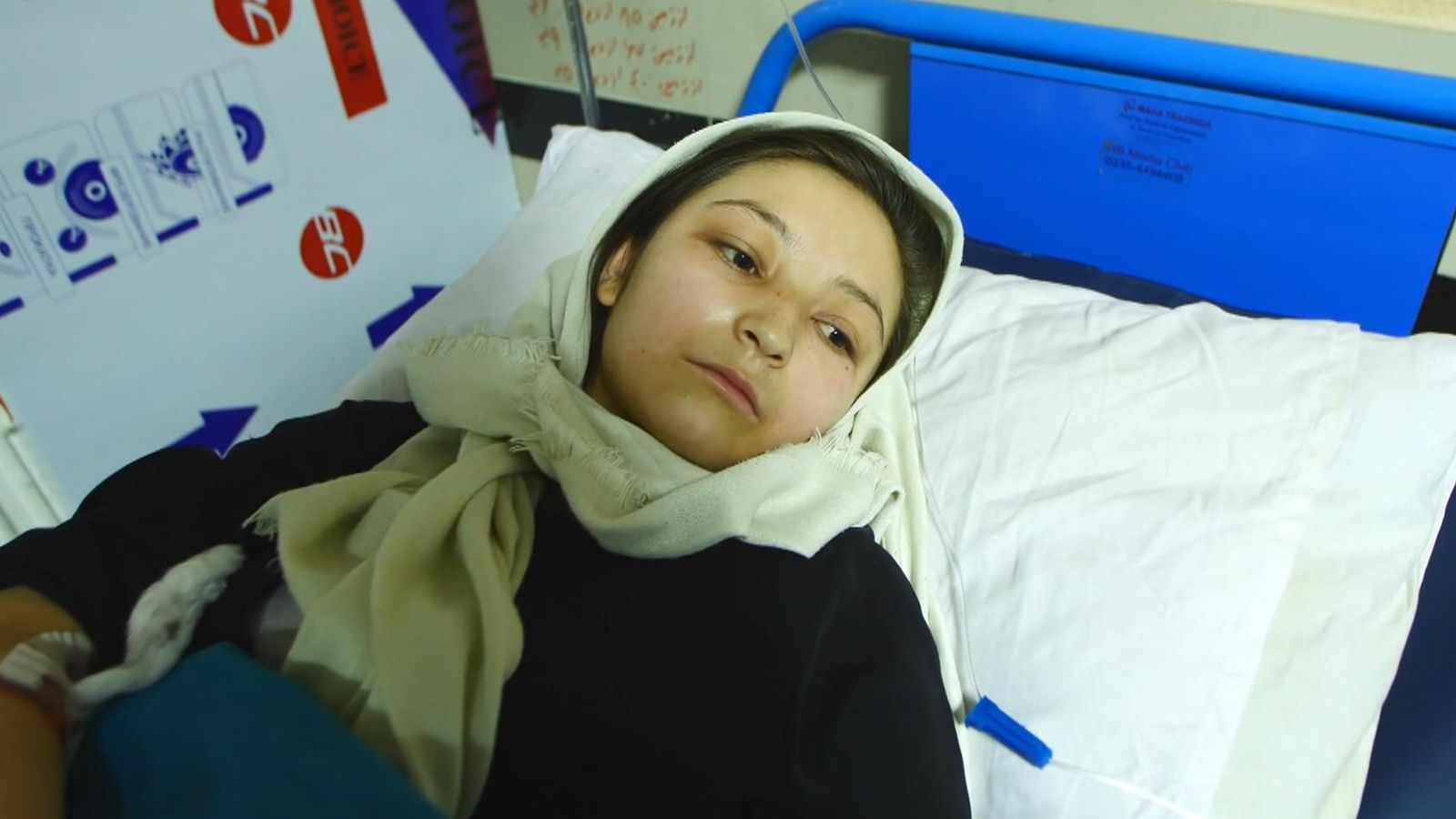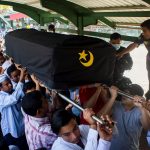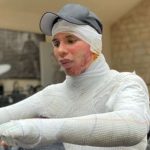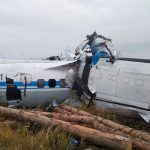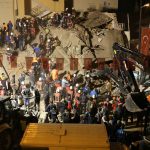Lying in her hospital bed, a survivor of a triple bombing in Kabul that left dozens of fellow schoolgirls dead has vowed to return to the classroom, despite the danger.
Arifa, 17, said she did not know exactly why anyone would attack her school, but speculated: “Maybe because they don’t want us to study and get educated and move forward”.
Girls’ education was forbidden when the Taliban ruled Afghanistan before the 2001 US-led invasion.
Since then, Britain in particular has championed a push for girls to go to school, using statistics on the increase in girls’ education as a way to demonstrate progress, despite multiple setbacks elsewhere, such as the loss of swathes of territory back to Taliban control.
With all remaining US, British and other NATO forces due to withdraw from Afghanistan by this September, many people in the country fear a return to the same kind of hard-line rule.
But Arifa said she would not give up on learning despite the possibility of new threats.
“The fear will be there, but I will continue my studies,” she told NBC’s Richard Engel.
Violence across Afghanistan is on the rise after a deadline of 1 May set by the Taliban for all US-led forces to leave passed – even though US President Joe Biden has said he will pull his remaining troops out by September.
The attack on the Sayed Al-Shuhada school was particularly horrific.
Please use Chrome browser for a more accessible video player
A car bomb exploded in front of the premises on Saturday afternoon. Then, as students rushed outside in panic, two more explosions tore through them.
At least 68 people, the majority of them girls, were killed and a further 165 injured.
Arifa recalled hearing “very, wild sounds of explosion” when the first blast erupted.
“I fell on the ground. My friend pulled my hand.”
On a separate hospital bed, a second survivor, Miriam, suffered burns to her face, while her feet and legs were bandaged.
“I got out of school. I was going home, then I heard a big boom then saw red flames and smoke.
“I moved forward and noticed blood on my feet I checked and saw shrapnel hit my feet,” Miriam said.
“I was close to the explosion site I felt burns in my hand and face.”
No-one has yet claimed responsibility.
The blasts struck in the Dasht-e-Barchi neighbourhood in western Kabul, home to many Shia Muslim families from Afghanistan’s minority Hazara community.
Militants linked to the Sunni Islamist group Islamic State have targeted them before, though Afghan officials have blamed the Taliban for the school bombings.
The Taliban has denied involvement.
Families of the victims say the fault lies with the Afghan government and their western allies for failing to stop the violence that is still consuming their country.
On a hillside overlooking Kabul, relatives wailed in grief as the bodies of the some of the dead were buried.
